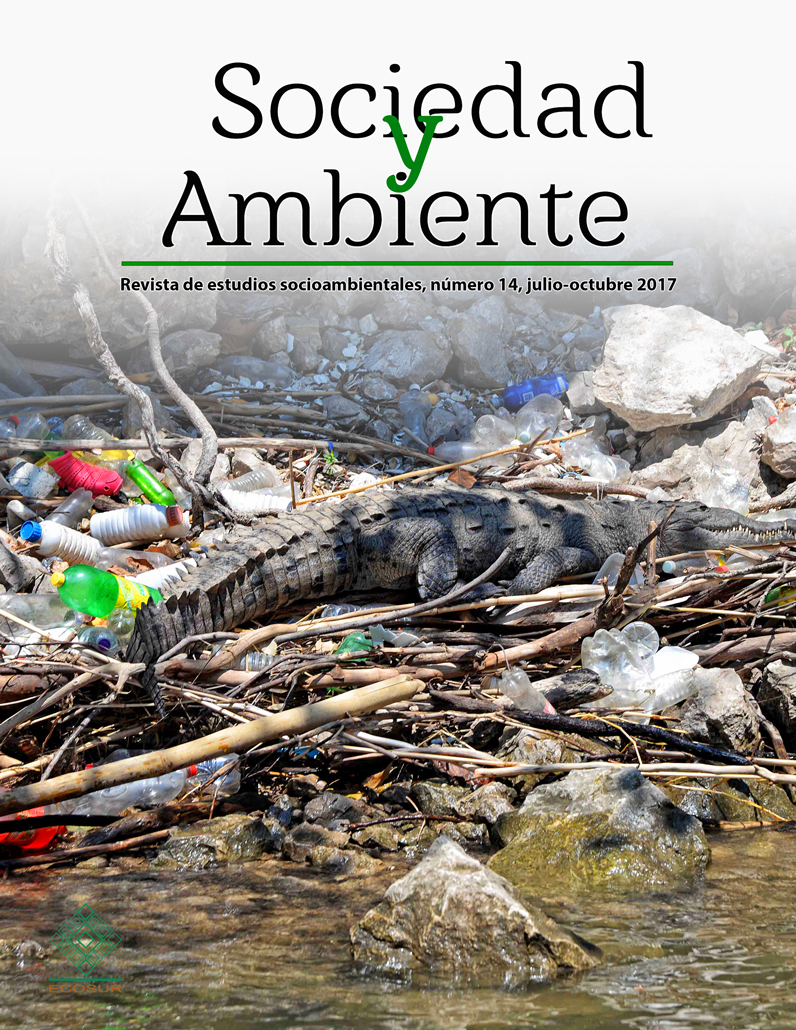Abstract
Worldwide, 2.4 billion people lack access to basic sanitation, meaning that over 80% of the wastewater resulting from human activities is discharged into rivers or directly into the sea without any type of treatment. In Mexico, municipal wastewater treatment stood at 52.72% in 2015, lower than the figure for other countries in Latin American and Caribbean region, where Argentina and Chile have achieved over 80% of wastewater treatment. In 2013, Mexico had a total of 2 287 Wastewater Treatment Plants (wtp), 548 of which were out of operation, accounting for 23.96% of the total number of facilities, because they were obsolete or municipal governments lacked the resources to run them. Jalisco, Guerrero, Oaxaca, Chiapas, Tabasco and Campeche are some of the states with over 50% treatment plants out of operation. The reasons why conventional wastewater treatment systems are failing in developing countries are the high investments required for their installation, high energy consumption, as well as high maintenance and operating costs. These types of water treatment systems are therefore not sustainable for communities with low income levels because the selection process failed to consider the suitability of the technology for the community’s culture, the local climate or the municipality’s economic capacity. New technologies based on natural processes for wastewater treatment and its reuse can offer a sustainable perspective for wastewater treatment in various communities and economic sectors throughout the country.

Sociedad y Ambiente by ECOSUR is licensed under a Creative Commons Reconocimiento-NoComercial-SinObraDerivada 2.5 México License

